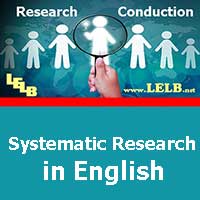Classroom Ethnography | TESL Issues
Classroom Ethnography Classroom ethnography involves the kind of detailed descriptive work advocated by Johnson. They emphasise the importance of obtaining multiple perspectives through triangulation. Watson-Gegeo distinguished four approaches to classroom ethnography: Ethnography of communication Micro-ethnography Discourse analysis Critical ethnography The ethnography of communication has its origins in anthropology and, in particular, in the work of …

